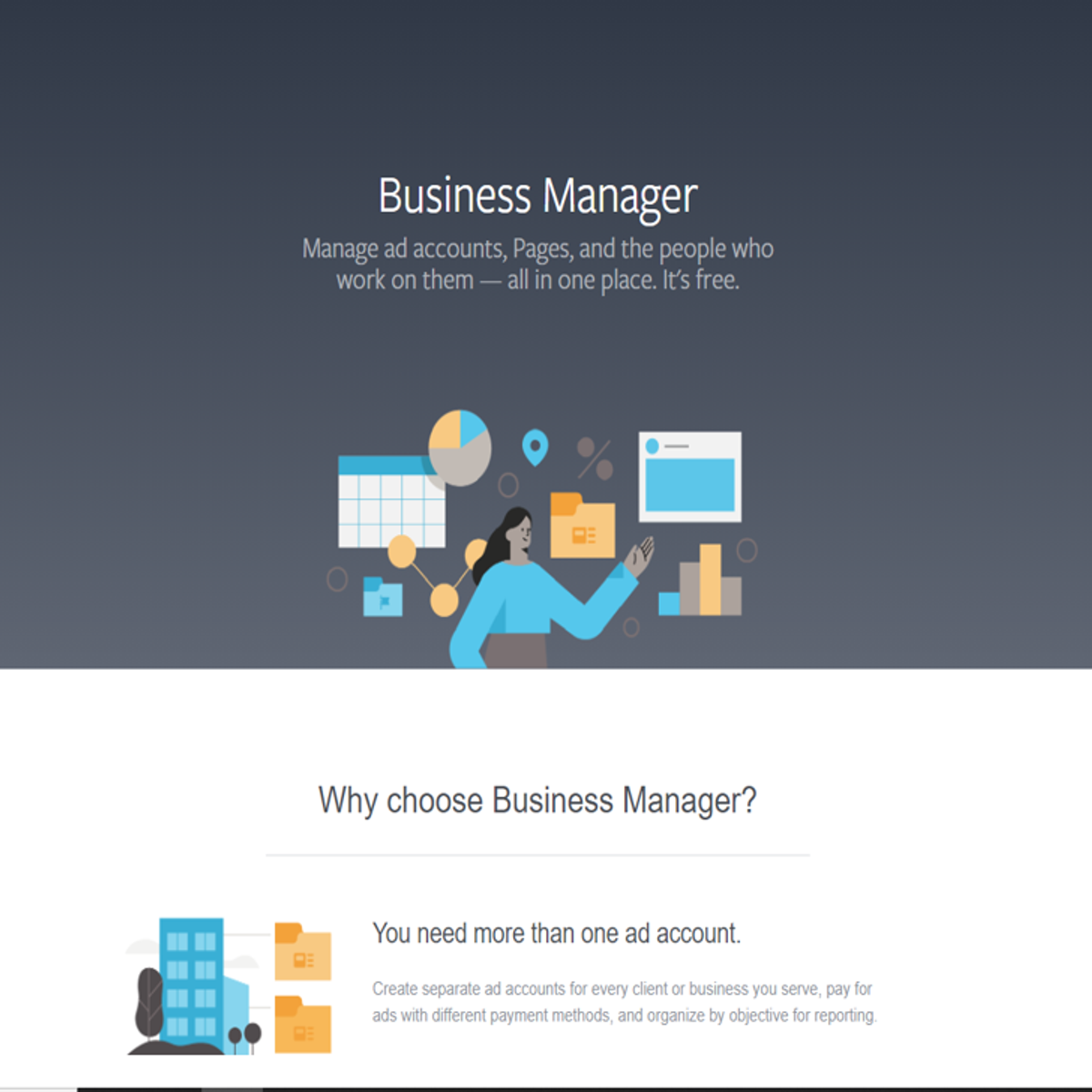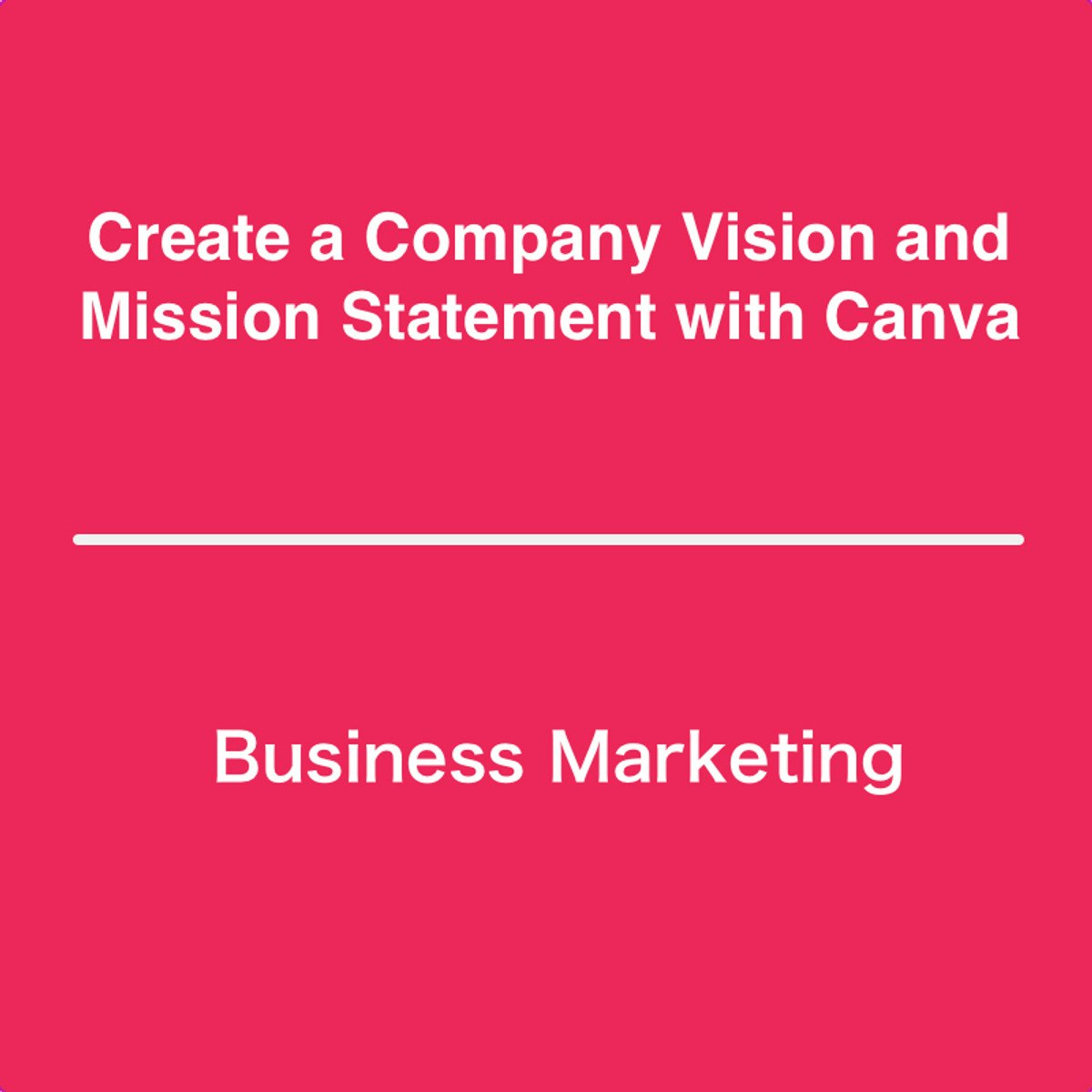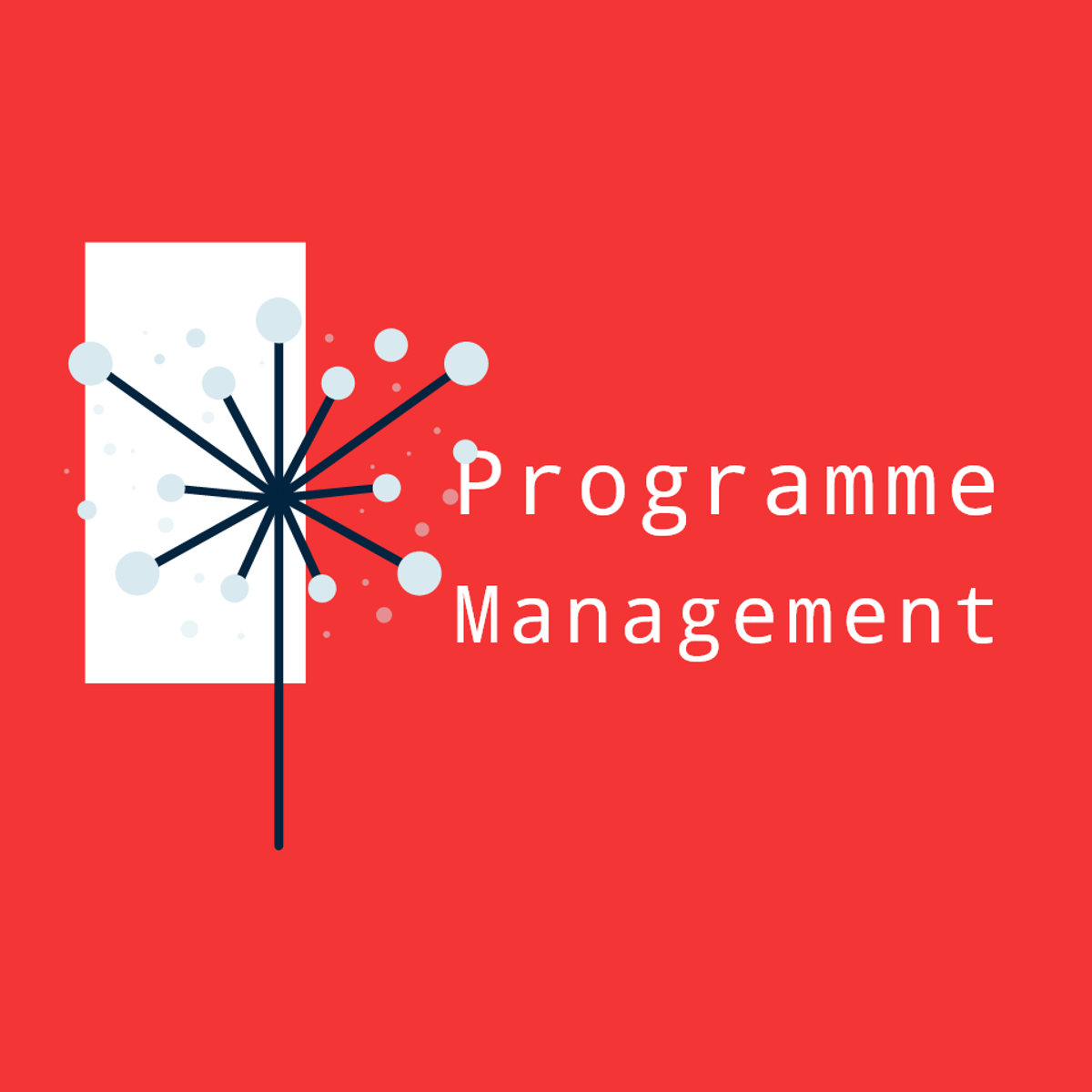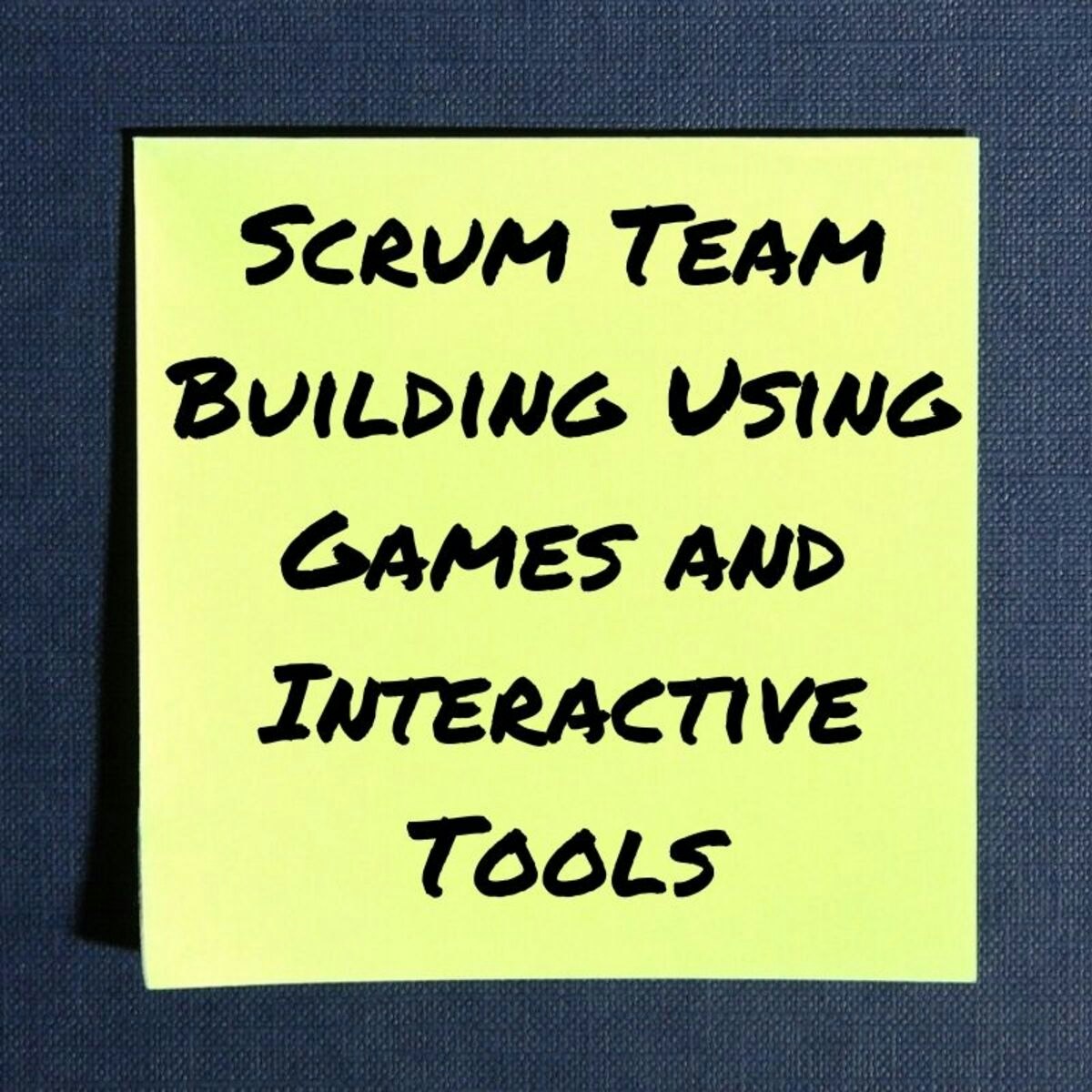Back to Courses









Leadership And Management Courses - Page 35
Showing results 341-350 of 600

The Ethical Leader
This aims primarily at post-baccalaureate students interested in leadership theory and ethical leadership.
The first part of this course introduces students to the classical literature in philosophical ethics, including consequentialist, regularian, deontological, and virtue theory approaches. This includes exploration of the ethical responsibilities leaders have toward themselves, corporations, the government, and the public. In the second part of the course, students apply decision- making frameworks, drawing from theories of leadership, and gain experience in decision-making surrounding ethical issues. Finally, students will consider the moral challenges that artificial intelligence poses to ethical leaders.
This is one course in the Coursera specialization, Leadership: An Introduction. It examines the latest trends in leadership theory invoking several disciplines, including business, sociology, philosophy, history, and psychology.
To complete this course successfully students should be able to analyze college-level readings and audio/visual presentations into understandable parts, including premises and conclusions; synthesize the results of the analysis into coherent and accurate summaries; and evaluate the results for accuracy and practical applicability.
Upon successful completion of the course, students will be able to
• Identify ethical principles for leadership practices
• Compare theories of leadership in terms of their ethical strengths and weaknesses
• Apply ethical principles for leadership practices
• Compare and contrast industry standards and techniques of ethical leadership practices

Innovation and emerging technology: Be disruptive
‘Disruption’ has become a buzz word in the business world. But what is a disruptive change-maker? In this course you will learn how to deploy disruptive strategic thinking to develop or protect your organisation’s competitive advantage. The most innovative and successful companies have all fundamentally disrupted and reshaped existing industries, or created completely new ones. But which strategies and technologies can you use to be disruptive and take the next step for your organisation? Via structured learning activities (video lectures, quizzes, discussion prompts and written assessments) you will enhance your ability to think strategically and become your organisation’s disruptive change-maker.

How to Create a Facebook Business Manager Account
By the end of this project, learners will have an understanding about all the features in Facebook Business Manager. Also, using a hands-on approach, learners will create a Facebook Business Manager account. Facebook Manager is a central hub for managing numerous aspects of a business with a Facebook presence. According to Facebook, “Business Manager allows advertisers to manage their marketing efforts in one place and share access to assets across their team, partner agencies and vendors.”
Note: This course works best for learners who are based in the North America region. We’re currently working on providing the same experience in other regions.

Create a Company Vision and Mission Statement with Canva
By the end of this project, you will learn how to create a company vision and mission statement from scratch using the free version of Canva.
Mission and vision statements are important foundational elements of any organization. A Mission Statement defines the company’s business, its objectives and its approach to reach those objectives. A Vision Statement describes the desired future position of the company.
You will be able to incorporate a color scheme, different charts, and other design elements for aesthetically pleasing and value added business marketing collateral. We can use Canva to complete this project because it provides all the tools you need to create an organized and visually appealing product while offering a variety of options for sharing and collaboration. You will learn how to plan and organize your ideas and utilize graphic design tools as you create a vision and mission statement from scratch that will serve as a template for future projects.
Note: This course works best for learners who are based in the North America region. We’re currently working on providing the same experience in other regions.

Machine Learning Algorithms with R in Business Analytics
One of the most exciting aspects of business analytics is finding patterns in the data using machine learning algorithms. In this course you will gain a conceptual foundation for why machine learning algorithms are so important and how the resulting models from those algorithms are used to find actionable insight related to business problems. Some algorithms are used for predicting numeric outcomes, while others are used for predicting the classification of an outcome. Other algorithms are used for creating meaningful groups from a rich set of data. Upon completion of this course, you will be able to describe when each algorithm should be used. You will also be given the opportunity to use R and RStudio to run these algorithms and communicate the results using R notebooks.

Connecting with Sales Prospects
In Course Two of the Art of Sales Specialization, you will learn how to run high-impact meetings that create complete separation between you and everyone else your customer comes into contact with. You will learn the importance of asking better questions and how to anticipate and handle sales objections. Finally, you will learn how to tell powerful stories and to give and receive performance feedback.

Program Change Planning with ClickUp
By the end of this guided project, you will be fluent in creating Program Change Management artefacts for the Planning Phase for diverse programs. You will utilise a logical diagramming plan in an agile environment to develop the solution. This will enable you to identify and classify the required components for change planning. Furthermore, it will help develop a structural model for learning about the field of Program Management.
If you are interested in building up the knowledge leading to this guided project, the following is the link to:
[ Developing Programme Management Blueprint with ClickUp]
https://www.coursera.org/projects/program-blueprint
[Advanced Programme Planning Phases Framework in ClickUp]
https://www.coursera.org/projects/program-advanced-planning
This Guided Project is essential for individuals wanting to learn about the field, or looking to transition into working in Program Management. This guided project is designed to engage and harness your visionary and exploratory abilities. You will use proven models in an agile environment with ClickUp to engage in a hands-on learning experience.

Developing a Systems Mindset
A Systems Mindset teaches learners how to interact effectively as service providers, consultants, researchers, developers, or other professionals providing a service or product to a person, group, or community. This course provides the basic foundations for policy makers, real estate developers, consultants, government agencies, engineers, and non-profit organizations the first steps in engaging complex problems where engagement with communities and stakeholders is necessary. Being a successful professional requires creative, innovative, and entrepreneurial thinking, and to continually have a problem-solving mindset. Yes, absolutely! But you also need to be a listener. You need to truly value the community and stakeholders - the ones who have the most to gain and lose from your actions. It is important for you to listen, learn what is important, and then act. This course will highlight the urgency for you to have a systems mindset to engage complex problems for a systems perspective, meaning that you have approach problems from different angles, scales and perspectives. This class is the first step in creating that mindset and for you to effectively engage – from receiving the “ask” for “assistance”, to orienting yourself to the issue, understanding the community, and developing a project plan. Students will learn how to use a systems mindset to understand scaled systems, nested hierarchies, and the interactions between social and environmental systems. Students will also learn practical skills and techniques that build rapport, trust, and buy-in.

Why Smart Executives Fail: Common Mistakes & Warning Signs
We don’t often talk about mistakes and failures, but there’s so much to learn from what goes wrong. In this course, Professor Sydney Finkelstein will teach you why leaders make mistakes, and what you can do to avoid making those same mistakes yourself. Using real-life examples of smart executives who failed, Professor Finkelstein will walk you through scenarios that prepare you to understand, manage, and even take advantage of the continuous change that is inevitable in organizations and in life.

Scrum Team Building Using Games and Interactive Tools
By the end of this project, you will have created a Scrum Master’s toolbox of interactive websites and games you can use to improve communication, increase cohesion and camaraderie, and facilitate a smoother sprint experience. In every Scrum ceremony, there are opportunities to inspire improved teamwork and help your team build professional bonds that will make them more effective.
Scrum should allow developers to double their output in half the time, as the saying goes, but solid teamwork is necessary to work efficiently. Using online tools and including games will build engagement and interest in team members and offer an opportunity for the Scrum Master to step back and observe, find weak points, and facilitate improvements. Whether distributed or collocated, your team will build strength and efficiency with the toolbox you will build.
Note: This course works best for learners who are based in the North America region. We’re currently working on providing the same experience in other regions.
Popular Internships and Jobs by Categories
Browse
© 2024 BoostGrad | All rights reserved


